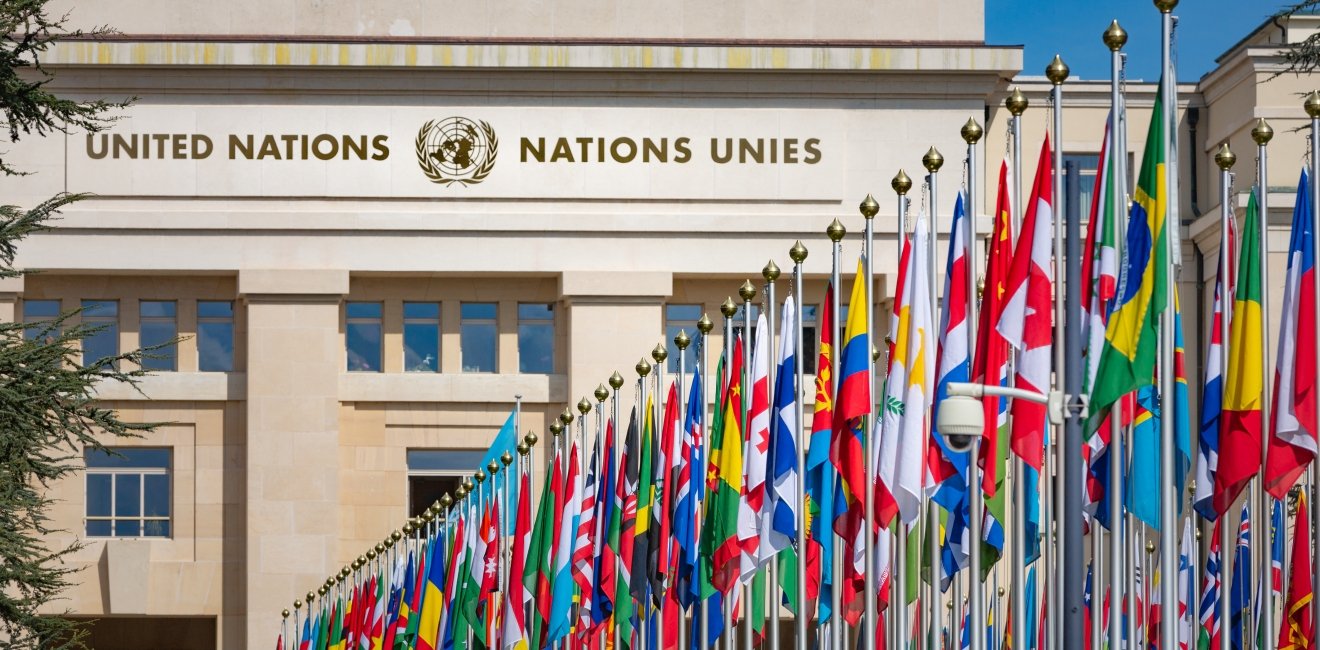This note reflects solely the position of the author and not necessarily that of any institution with which he is affiliated.
Russia’s invasion of Ukraine, in clear violation of international law and the United Nations Charter has forced virtually all countries to take a clear position on the issue. The growing cost in civilian lives and potential war crimes in Bucha make it increasingly difficult to maintain a neutral or ambiguous stance on the issue.
Mexico, as a non-permanent member of the UN Security Council (UNSC) has maintained a leadership role by condemning the invasion - somewhat belatedly but forcefully - and presenting (together with France) a resolution to protect the civilian population and favor humanitarian aid to Ukraine, which was approved by the UN General Assembly on March 24.
Mexico reacted in a timely manner by evacuating 81 persons from Ukraine, which required complex logistics and coordination between the Foreign Ministry, the Mexican Air Force, and the Mexican embassies in Ukraine (whose headquarters were damaged during the Russian attacks) and Romania. This is an achievement that should be recognized.
Regarding sanctions against Russia, Mexico's position has been that it will not adopt them unilaterally and will only participate in multilateral sanctions approved by the UNSC, which will never happen as long as Russia maintains its veto right.
The refusal to impose unilateral sanctions has sometimes been justified by the principle of non-intervention in Mexican foreign policy, contained in Section X of Article 89 of the Constitution. However, focusing on other principles contained in the same Section X, such as those of self-determination of peoples, the peaceful settlement of disputes, the proscription of the threat or use of force in international relations, and the respect, protection and promotion of human rights and the struggle for international peace and security could have led to a different position or to taking measures outside the UNSC, which would not be in violation of international law but condemnatory of Russia's violations of international law - including human rights in the first place.
In fact, Mexico's position on the issue of sanctions presents a false dichotomy: it will impose them when authorized by the UNSC (which will not happen as long as Russia maintains its right of veto), but otherwise it can do nothing about it. This is false, because as Ambassador Jorge Lomónaco rightly points out, there is the precedent of Mexico's denial of visas to South African athletes during the apartheid era, without the approval of the UNSC.
At the end of March, U.S. Air Force General Glenn Van Herck indicated during a hearing in the U.S. Senate that the largest number of members of Russia's intelligence agency (GRU) are in Mexico. If this were the case, Mexico could expel members of the GRU and other Russian diplomats but keep the ambassador in order to send a signal of repudiation and at the same time continue with the dialogue, as Spain did.
The Mexican government could also stop acquiring goods from Russia. For example, it stated that it would continue to purchase Russian fertilizer when there is no obligation to do so. There is also no obligation to promote tourism with Russia. A few days after the invasion, Mexico's Secretary of Tourism via Twitter stated, "with affection to our friends of the prestigious airline @aeroflot, hoping for a prompt connectivity between the nations and of course to Mexico City."
The aforementioned issues are within the purview of the federal branch, but the legislative branch can also pronounce itself on the matter. In fact, on March 23rd -one month after Russia's invasion of Ukraine- several deputies from MORENA, the PT, the PRI and the Green Party participated in the installation of the Mexico-Russian Federation Friendship Group, and in such ceremony the Russian ambassador to Mexico expressed his gratitude that Mexico will not impose sanctions on his country.
The reluctance of the federal executive branch and its allies in Congress to impose higher costs on Russia for its invasion of Ukraine is not due to constitutional impediments or international law. The current position is a political decision that can be changed. Mexico has a professional, experienced, and creative diplomatic corps that could provide a range of more assertive options against Russia and in favor of human rights, of which I have only mentioned a few examples. Yes we can, and should, adopt a more assertive stance in the face of Russia's invasion. It is the right thing to do from an ethical, legal, and realpolitik perspective regarding Mexico's relations with its northern neighbor.
Author


Mexico Institute
The Mexico Institute seeks to improve understanding, communication, and cooperation between Mexico and the United States by promoting original research, encouraging public discussion, and proposing policy options for enhancing the bilateral relationship. A binational Advisory Board, chaired by Luis Téllez and Earl Anthony Wayne, oversees the work of the Mexico Institute. Read more

Explore More
Browse Insights & Analysis
Iraq Should Consider Extending UNAMI’s Mission



